The DECODE project is a consortium of 15 partners from across Europe.
BCMI Labs AB is a lean-driven research, development, and project implementation company specifically focused on education and rapid prototyping. In DECODE BCMI Labs AB act as developer of the functional and secure hardware HUB, integrating HW and SW connectors to commonly existing infrastructure in the home and office environment.
CTO is the innovation-unit of the City of Amsterdam. Amsterdam’s focus, like many other cities in the world, is on the economy, social innovation, mobility and circulair economy. Amsterdam is together with Barcelona the launchpad for the DECODE-pilots. CTO will engage and make sure that Amsterdam’s innovation ecosystem is connected for a successful deployment of DECODE solutions.
The CNRS (Centre d'économie de la Sorbonne) is considered the worldwide centre of excellence in the analysis of the mechanisms of cognitive capitalism and the management of the commons, core to the DECODE agenda. The Laboratory hosts the "Cognitive Capitalism Seminars Series" and the Seminars Series about "The Common between Work and Institutions" in order to favour the discussion between academic, policy makers, activists and entrepreneurs.

Dribia Data Research S.L. is a SME founded on 2017 with the objective to provide data innovation services to private and public institutions alike. Dribia’s origin is rooted on the academic sector, from which both its founders and all of their workers come from and advocates for a scientific approach to consulting services related to data, artificial intelligence and disruptive technologies. Dribia was born with the prime objective of transferring knowledge from research institutions to society with the aim of achieving direct impact on society.
Eurecat is the biggest RTO in Catalonia. It combines the experience of over 450 professionals, generating an annual income of €40M. The technology centre is active member of AIOTI, the Alliance for IoT Innovation promoted by the European Commission, and plays an active role in dozen of associations, networks and scientific and technological platforms, both national and international. In DECODE Eurecat will bring this experience to the Barcelona pilot, for making data from the city not only accessible, but also explorable and understandable by citizens.
In addition to overall Coordination and Management IMI, as a representative for the City of Barcelona, will lead the Barcelona pilots and open city data to the project architecture, to complement and integrate the citizen data in order to provide privacy-aware services for citizens to enhance public good.
Nesta is an innovation foundation. We back new ideas to tackle the big challenges of our time. Nesta is running the communications and dissemintation work for DECODE. We are also undertaking research into the future of the personal data economy and the tools that could give people more control over their personal data. During the later stages of the project, we will evaluate the pilots and produce a learning report based on the DECODE project.
'The Internet Interdisciplinary Institute (IN3) is a research centre of the Universitat Oberta de Catalunya (UOC) specializing in the study of the Internet and the effects of the interaction between digital technologies and human activity. The IN3 hosts a number of renowned research groups that carry out a wide range of research of an interdisciplinary nature. The two IN3 research groups involved in several tasks of the DECODE project are Dimmons.net and Communication Networks & Social Change (CNSC).
Nexa Center for Internet & Society of the Politecnico di Torino will work on the legal aspects of the project providing its competences on privacy rights, rights on immaterial goods, etc.
The Privacy and Identity Lab is part of Radboud University, the officially contracted organisation within the DECODE consortium
Thingful is an IoT data interoperability tools and services provider. Thingful specializes in providing IoT data search and access across domains, networks and devices both for public and private data sources. Thingful bring experience in data entitlement, semantic tagging and IoT experience to the DECODE project.
The Information Security Research Group is a constituent part of the University College London, Department of Computer Science. It hosts 9 full-time faculty members, and over 40 doctoral and post-doctoral researchers. It is recognized as a Centre of Excellence in Cyber Security Research in the UK. Our research addresses key technical aspects of information security and privacy - such as cryptography, privacy, system security, as well as human and organizational aspects of security. At the same time, we work with colleagues in Software Systems Engineering and Systems and Networks to deliver end-to-end security solutions, and address broader human, economic and societal aspects of security, privacy and trust.
Waag is responsible for pilots and open participatory innovation, as well as the Amsterdam pilots, design and management of open challenges, and the graphical interface design for DECODE OS and smart contracts. Furthermore it will assist in use case development, open ontology for data commons, smart rules, data analysis for citizen awareness and stakeholder engagement & co-creation methodologies.

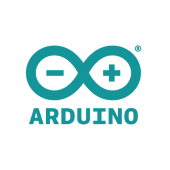
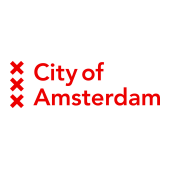
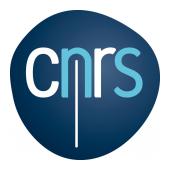
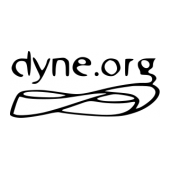
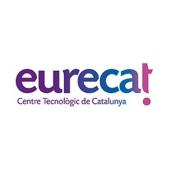
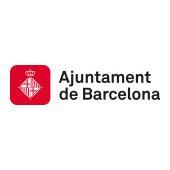
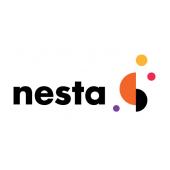
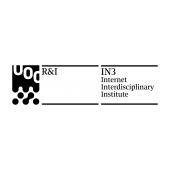

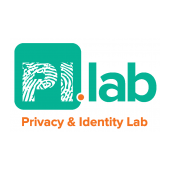
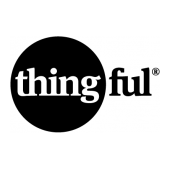

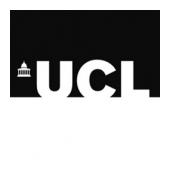
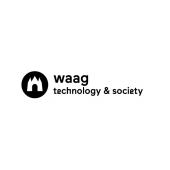
 DECODE was funded by the European Union's Horizon 2020 Programme, under grant agreement number 732546.
DECODE was funded by the European Union's Horizon 2020 Programme, under grant agreement number 732546.